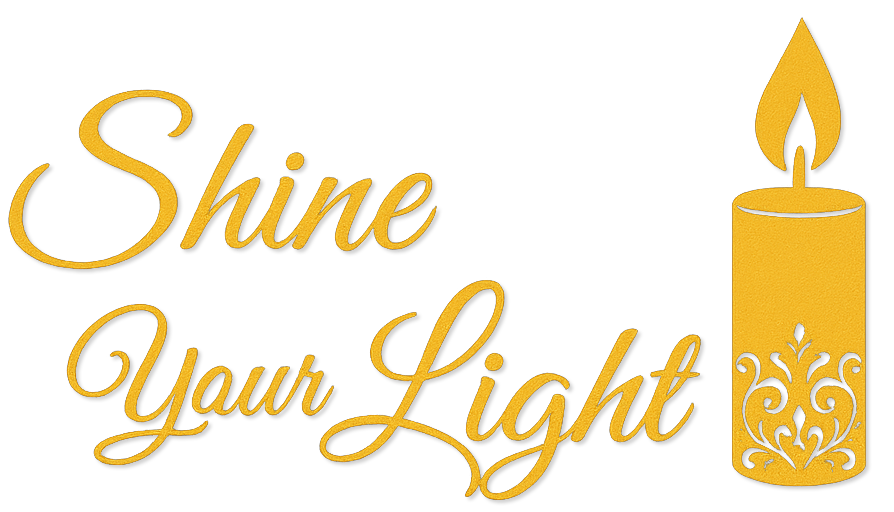NA HULIAU
by The Reverend Dr. Robert W. Nelson
The level of anxiety, anger, and rage in our society seems to reach new heights on a daily basis. Many people feel overwhelmed, exhausted, and emotionally drained, and yet cannot stop consuming media and reacting with powerful negative emotions.
The key strategy of advertising and propaganda is to introduce the FUD Factor—Fear, Uncertainty, and Doubt—into the hearts and minds of the target consumer. This is done by a deep understanding of the psychology and physiology of human Needs, Wants, and Desires, or as we would say in Buddhism, our ego-centric and selfish “blind passions” that cause suffering for ourselves and others.
Simply put, if I understand what you consciously, subconsciously or unconsciously need, want, or desire, I can trigger in you a “panic” reaction—anxiety, anger, and rage. Then, I can manipulate your thoughts, emotions, physical state, and actions — and then sell you something, whether a political agenda (“propaganda”), a new product (“advertising”), or simply escapism (“entertainment”).
The “media,” including “news” and “entertainment” is fundamentally designed to deliver advertising and propaganda to a specifically targeted consumer, then trigger economically or politically useful responses.
Smartphones mean we are constantly connected by seemingly useful apps, platforms, and services that in fact are specifically architected to trigger panic reactions, leading to so-called smartphone addiction, FOMO (fear of missing out), and “doom-scrolling.”
The neurophysiology of fear, uncertainty, doubt, anxiety, angst, and rage is well-understood and exploited by the “elite” of society, corporations, advertising agencies, politicians, activists, and sadly even religious and spiritual leaders.
Buddhism teaches that our “blind passions,” exemplified by the Three Poisons of Greed, Anger, and Delusion, are rooted in our fundamentally self-centered and egotistical human nature. The 108 Blind Passions are the cause of suffering, discontent, and despair in human life, and hinder our ability to see reality-as-it-is.
The Buddhist Path helps people awaken to reality-as-it-is, not reality-as-my-Ego-wants-it-to-be, and thus become liberated from the bondage of selfishness, so as to alleviate suffering for all people and living beings without discrimination or judgement.
Buddhist temples traditionally aspire to be centers of connection, community, and compassion, a place of refuge from the chaos of the modern world, a place of active learning, deep hearing of the Dharma, and quiet self-reflection.
It is said that the opposite of addiction is connection. Addiction to the Ego-Self is caused by a disconnection from reality, from who we truly are, from our humanity.
It is our hope “religion” returns to its original meaning of “re-connection” with reality-as-it-is, with the true and real self, and with the greater community of humanity.
The essence of the Buddha-Dharma is hearing, living, and sharing the Teachings, and walking together with honorable friends and fellow travelers on the Buddhist Path.
Guided by Compassion and illuminated by the Light of Wisdom working in our lives, we naturally become humbly grateful and we are empowered to share the joy of each moment of this unrepeatable life.
The Buddha-Dharma is how we can learn to ignore the Panic Architecture of modern life, re-connect with reality-as-it-is, and thus break free from the bondage of selfishness.
Mahalo for listening today. May your day be filled with Aloha!
I would like to leave you with some thoughts on dealing with anger:
The Buddhist Path: Dealing with Anger
When you get so angry you don’t know what to say, say, “I’m sorry”
When you get so angry you don’t know what to do, be kind and gentle
When you get so angry you don’t know what to think, be grateful
Anger is a mirror reflecting what is inside of you, just as you are
Anger is the delusion that life will unfold the way you want
Anger is a shadow created by the light illuminating the way to wisdom
Awakening to the world as-it-is washes away anger like teardrops in the rain
The Rev. Kerry Kiyohara is resident minister of Makawao Hongwanji Buddhist Temple on the island of Maui in Hawaii. Kerry was tokudo ordained in 2016, graduated Chuo Bukkyo Gakuin Seminary in Kyoto and was certified as a kyoshi teacher in the Jodo Shinshu Hongwanji tradition in 2018. He previously worked as CEO, COO, CMO, consultant, and copywriter in the advertising agency business and start-up ventures in Los Angeles, Tokyo, Beijing, Shanghai, and Honolulu.
Rev. Kerry was born and raised in Los Angeles and graduated with BA and MBA degrees from the University of Southern California. He speaks native English, fluent Japanese, basic Spanish, survival Chinese, and struggles with “da kine pidgin Hawaiian Creole English.” He is married to Mimy and is delighted to be called “grandpa” by a precious eight-year-old granddaughter and a newborn grandson!
